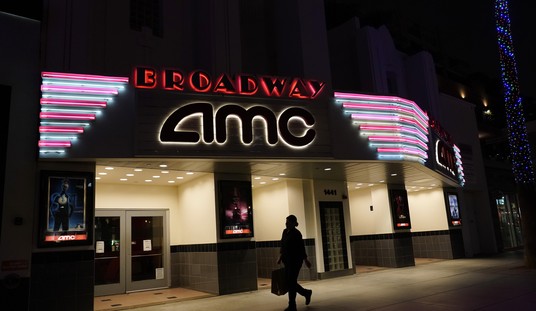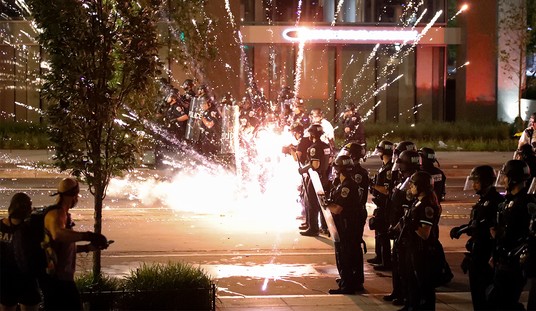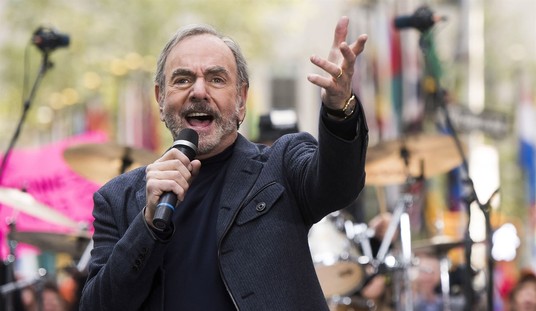In some ways, one can sympathize with the Congressional Black Caucus. When America elected its first African-American President, they assumed that they would have unprecedented access to the White House and more influence on policy than ever before. After fourteen months, though, they’re disgruntled enough to start talking to the Washington Post about being taken for granted:
A year ago, members of the Congressional Black Caucus openly wept at Barack Obama’s inauguration. Slowly, that euphoria has given way to frustration that his administration has not done more for black America. Questions about how to elect him have been replaced by questions about how to prod him.
For many, it is the surprise of a political lifetime that they find themselves wrestling with such quandaries. Alternately puzzled and disgruntled, CBC members say key people in the Obama administration have taken them for granted, in the belief that black members of Congress have no stomach for a fight with the country’s first black president.
“We concluded they were just kind of listening to us and that then they would go back [to their offices] and conclude that we would do nothing,” Emanuel Cleaver II (D-Mo.), the vice chairman of the CBC, said of one dispute. “Because they had concluded there’s a black president in the White House and that, to some degree, the Black Caucus, you know, was constrained in expressing its desires. After a while, we said, ‘Hey, we see what’s going on and it’s nothing.’ ” …
Not withstanding Thursday’s kind words, the CBC’s list of complaints with the White House runs from policy to personal. Despite the caucus’s entreaties, the administration has not provided targeted help to black communities and other struggling areas suffering from disproportionately high unemployment, members complain. Many caucus members say they feel largely ignored by key White House advisers. Their communication with Obama himself is minimal to nonexistent.
Why would the White House conclude that the CBC would do nothing? For one thing, they’re raging partisans. Former Representative J.C. Watts famously refused to join, opposing their self-described “racial policies” that they were pursuing. They’re usually to the far left of the Democratic caucus. The Obama administration is in deep political trouble over the radical nature of the agenda it’s already rolled out. If Obama wants to get re-elected to office, he has to start tacking back to the center. The CBC wants him do leap off of a cliff in order to bolster their credibility in the 40-odd districts they represent, a strategy that is politically suicidal not just for Obama but also for their party as a whole.
The irony here is that the CBC probably had more leverage with Bill Clinton and Jimmy Carter than with Barack Obama. Those two previous Democrats couldn’t afford to look high-handed with the CBC to African-American constituents. Obama doesn’t have that problem.
Given all this, where would the CBC go? To the Republicans? Not likely, and these days, the Republicans aren’t likely to welcome extremist statists like Maxine Waters, Mel Watt, or Keith Ellison. The CBC has the same problem with the President that black voters have with the Democratic party — everyone knows that they have no leverage any longer. Like the unions, the CBC has grown so radical that they have nothing more than a Hobson’s Choice, which is Democrats or nothing at all. Their shock, shock at getting taken for granted is worthy of the Captain Louis Renault Award:








Join the conversation as a VIP Member